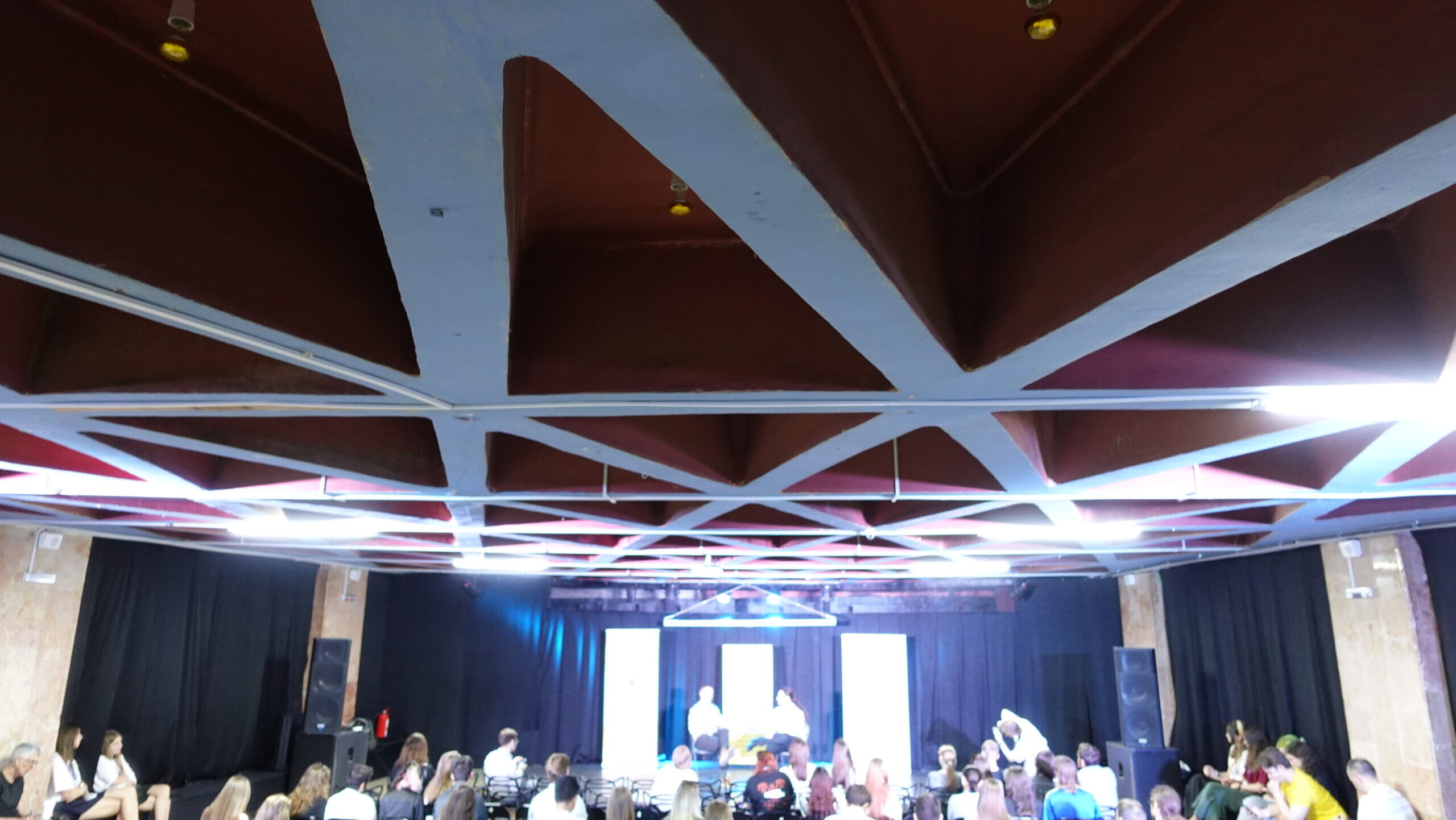Education is about to get a radical overhaul, and the marketplace is responding. The days of expensive and obsolete degrees are waning, as they are beginning to be replaced by affordable and succinct short courses which provide users with employable, ready-to-use skills.
With increased preferences for new education choices to burst the higher-education bubble. Alternatives, such as online higher education courses, are turning the tides.
Many attest to the fact that our public education system flatly doesn’t work. But, where did we go wrong?
Education norms debunked
In order for a community to move forward and provide alternatives to our current system, there must be a change in the fundamental way that we look at what “education” means.
Education is merely learning, a process that continues throughout one’s entire life. While the face of it may change and morph, an individual is still learning.
Not only was our education system created in an economic time of industrialization, but it is also grounded in the idea of force and coercion.
Students are forced into school at a young age and broken up by arbitrary barriers, like age. Then they are taught rudimentary subjects in order to take their place upon graduation in an industrialized marketplace.
These arbitrary barriers and styles of learning are replicated nowhere else in organizations, communities, or society. Some questions we should ask ourselves include:
- Why should we break students up by age?
- What if 10 out of the 30 students in the classroom work better in the afternoon instead of the morning?
- What about the fact that many students would like to work by themselves, or that some would like to work in groups?
You cannot and will not have creative, innovative, brilliant, and imaginative young adults come out of the existing industrialized, cookie cutter system of education.
Friedrich Hayek’s take on learning
F. A. Hayek address coercion in The Constitution of Liberty in a way that we can apply to learning: “Coercion thus is bad because it prevents a person from using his mental powers to the full and consequently from making the greatest contributions that he is capable of…though the coerced will still do the best he can do for himself at any given moment, the only comprehensive design that his actions fit into is that of another mind.”
Government schools are based on force. At a certain designated age, a child is forced to leave his home for the majority of the day on a whim of some legislator miles away who thinks it’s best for the child.
Keep in mind that this legislator is not an educator, nor does he know your child. I’m sure that the legislators think what they’re doing is right. But, a million good intentions don’t make a wrong action right.
Why public education has failed us
Hayek says that coercion limits the mental capacities of the coerced and makes them dependent on the coercer. He writes, “that his actions fit into is that of another mind.” Instead of our children becoming resilient, independent and determined, they are becoming lazy, and listless, and their mental capacities are declining.
Sometimes, we need to use stronger words than “coercion” for others to get the picture, as Hayek himself noted: “It would be less misleading if occasionally the terms of ‘force’ and ‘violence’ were used instead of coercion.”
I think for many parents, administrators, and teachers, this idea of force and violence in the classroom puts a whole new spin on public education.
Instead of providing safe environments and showing students how to deal with problems and think critically, they are shown that force and violence is the answer.
So is it any surprise that when students grow up in a broken home, or grow up in violent communities, they may bring weapons to school? Is it any surprise that students drop out? They are not being taught useful subjects. They are not being taught anything that they want to learn. They are given no independence, no self-determination, and no autonomy. The students are merely responding to the incentives within the system.
Does coercion feed learning disorders?
My last point has to do with a phrase in Hayek’s book that I think sheds more light on this subject. “Whether or not attempts to coerce a particular person will be successful depends in a large measure on that person’s inner strength.”
The students’ inner strength is shown through their coping mechanisms. Do they excel in school despite the violent atmosphere? Do they merely shrink inside themselves; do they drop out or become delinquent?
Many students are becoming increasingly diagnosed with disorders such as ADD, oppositional defiant disorder, and the like. Through Hayek’s quote, these can be seen as merely coping mechanisms, as the students’ inner strength is shining through.
In order to stay awake during boring subjects I’m sure many kids get antsy and begin doodling, jumping out of their seats, and daydream as they look out the window. This leads them to being labeled and medicated when, in reality, they are just responding to the oppressive, violent prison they are trapped in.
The call for an education revolution
In order to have progress and a free society, there must be agitators and rebels. However, few agitators will come about in an industrialized model.
Instead, their inner strength will be dampened and their love for learning will be squashed. We have a new world with new economic and societal expectations. Let’s enable our children to think, imagine, dream, and become entrepreneurs, designers and developers.
Let our children learn without force and coercion. Let us create a new era of innovative learning, whatever that may be. Let’s encourage learning through the family and through the marketplace where children are free to think and explore. To the state we say, release your monopoly on education and let education truly be free. The time has come for education, as we know it, to change. Let us have creative destruction and demolish the system. Let us have an education revolution.
To read more about free market education, be sure to check out our cluster page by clicking on the button below.
This piece solely expresses the opinion of the author and not necessarily the organization as a whole. Students For Liberty is committed to facilitating a broad dialogue for liberty, representing a variety of opinions.







